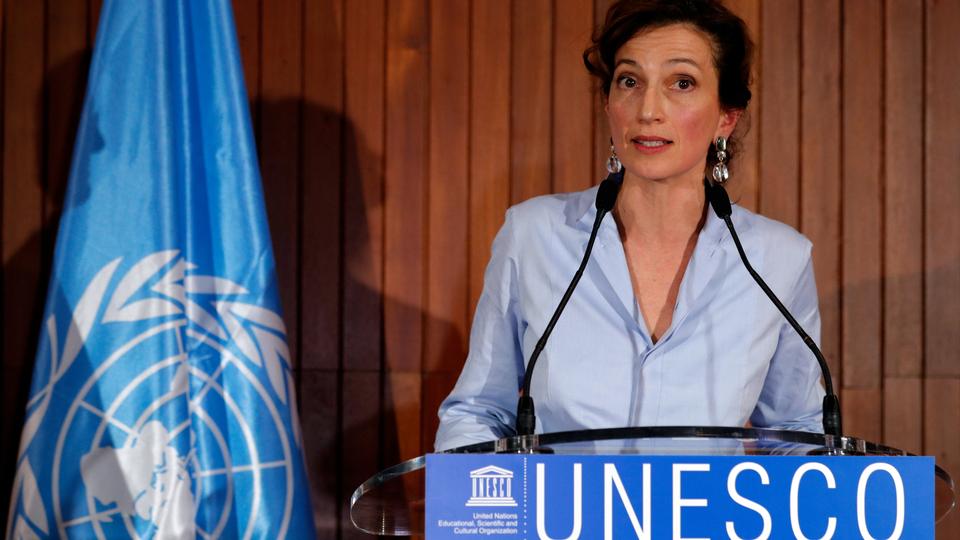|
Getting your Trinity Audio player ready…
|
As this year marks the 10th anniversary of the United Nations Plan of Action on the Safety of Journalists and the Issue of Impunity, the United Nations Educational, Scientific and Cultural Organization (UNESCO) is calling for a renewal of commitment to protecting journalists everywhere.
This was revealed by Ms. Audrey Azoulay, Director-General of UNESCO in a message to mark the important day.
The United Nations Plan of Action on the Safety of Journalists and the Issue of Impunity was adopted to acknowledge the vital work journalists do – for example when they report on conflicts and crises, or when they inquire into the workings of power and investigate corruption and other forms of injustice – as well as the risks they face when doing this.
Azoulay said the safety of journalists, their freedom of expression, and the free flow of information are pillars of democratic life, and a prerequisite for all human rights. This is why, in 2012, the international community endorsed this Plan of Action to protect journalists, prevent crimes against them and pursue their perpetrators.
To achieve these goals, there is a need to work collectively. And much progress has been made, by Member States, United Nations agencies, international organizations, judicial actors, and civil society, to implement concrete measures nationally, regionally, and globally.
UNESCO has developed guidelines and toolkits, and trained over 24,000 judicial actors and 11,500 law enforcement and security officials on issues related to freedom of expression and the security of journalists, including in the digital world. Despite these efforts, journalists continue to be killed at an alarming rate. According to UNESCO Observatory, 955 journalists have lost their lives since 2012. Seventy-one have been killed since January, making 2022 already the deadliest year since 2018.
“Just as shockingly, although we have seen a slight improvement over the past ten years, almost nine in 10 journalist killings remain unresolved.
“Therefore, on this anniversary, we must renew our commitment to protecting journalists everywhere, all the time. This means in situations of conflict and crisis, of course, UNESCO is supporting journalists in Ukraine and Afghanistan, for instance. It also means in times of peace – for that is when most journalists have been killed in recent years. Lastly, we must step up our efforts online, where new forms of violence have emerged, especially towards women – three in four women journalists have experienced online harassment according to UNESCO data,” Azoulay said.
She said the international conference taking place in Vienna on 3 and 4 November to celebrate this 10th anniversary will be an opportunity to take collective action further – to strengthen cooperation and synergies to replicate good practice, to improve monitoring and information sharing, to build the capacities of all actors – so stakeholders can better tackle the challenges.
“Because, when it comes to protecting journalists, everyone has a part to play. If we are complacent, if we look away, we are part of the problem. So, on this International Day to End Impunity for Crimes Against Journalists, let us all stand up for journalists, our speakers of truth. Let us fight for justice and protect the free flow of information that is so vital to our societies.”
